


Eating a healthy diet as a child is linked to girls having their first menstrual period at an older age than those who consumed a less...



A model looked at the numbers associated with detecting and containing a potential African swine fever virus (ASFV) outbreak in the U.S. and found that sampling...



By using antibodies from a human donor with a self-induced hyper-immunity to snake venom, scientists have developed the most broadly effective antivenom to date, which is...
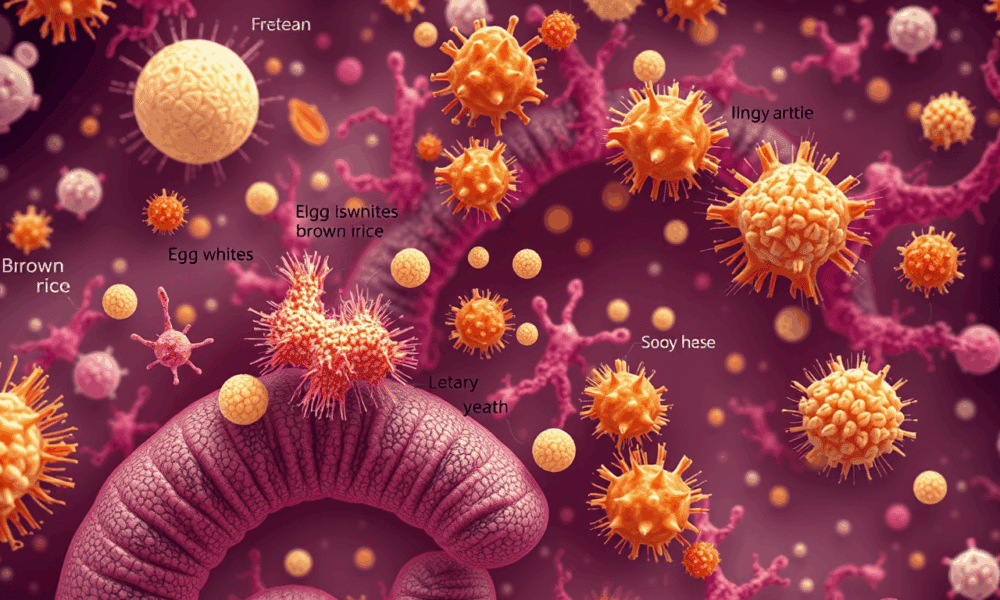
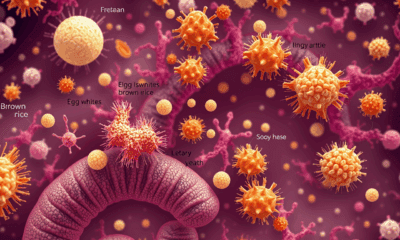

Protein sources appear to have major effects on both the population and function of the mouse gut microbiome.



The very first cells obtained their energy from geochemical reactions. Researchers have now managed to recreate this ancient metabolic process in their laboratory.



A study analyzing data from nationally representative dietary surveys and mortality data from eight countries (Australia, Brazil, Canada, Chile, Colombia, Mexico, United Kingdom, and United States)...
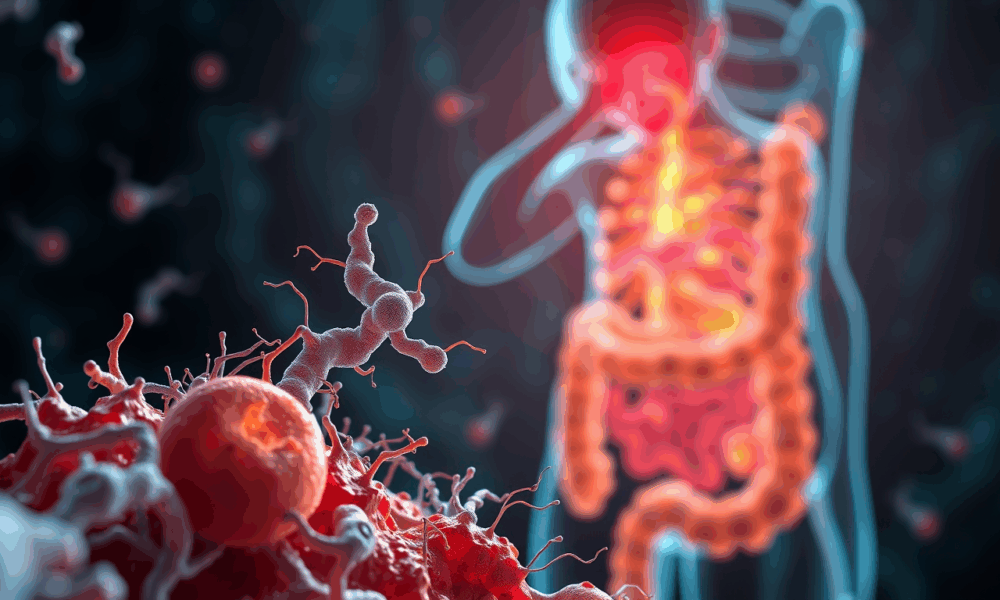
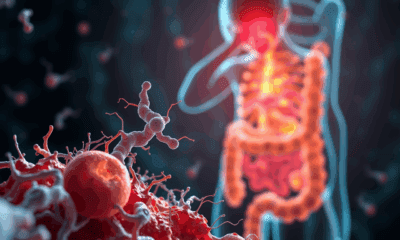

An international team has identified a potential microbial culprit behind the alarming rise in early-onset colorectal cancer: a bacterial toxin called colibactin. Scientists report that exposure...
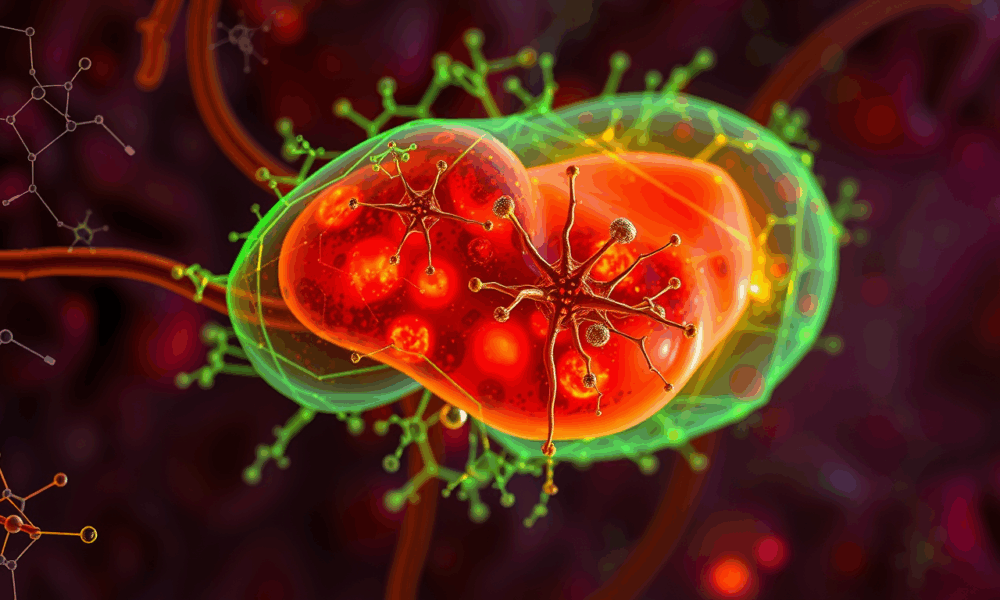
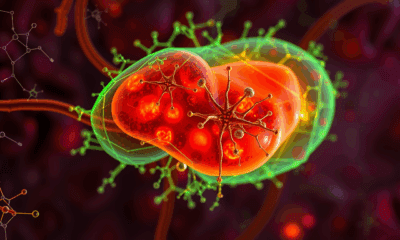

Researchers have revealed a temporal disruption in the metabolism of obese mice when adapting to starvation despite no significant structural disruptions in the molecular network. This...



Use of psilocybin, the hallucinogenic chemical found in what is known as 'magic mushrooms,' has increased significantly nationwide since 2019, according to a new study.
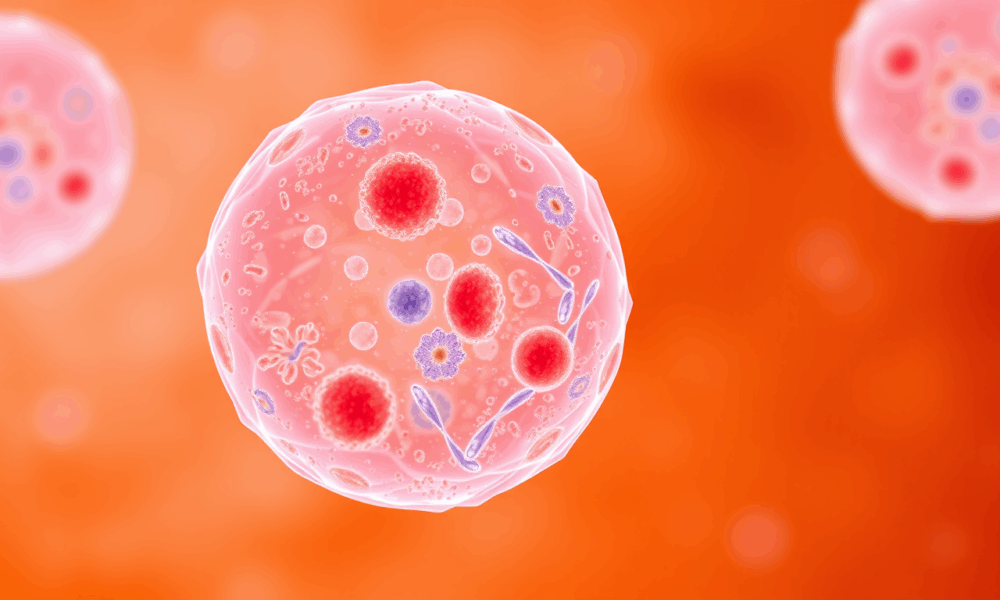
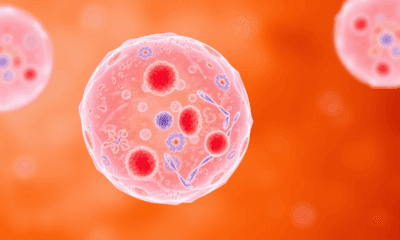

Researchers have made significant advancements in understanding the earliest stages of stomach cancer, a leading cause of cancer-related deaths worldwide, through two recent innovative studies. With...